Throughout history, the throne has symbolized power, leadership, and the responsibility to guide a nation toward prosperity. Yet, not all rulers rose to that sacred duty. Some wore their crowns not as stewards of their people, but as tyrants who ruled through fear, destruction, and bloodshed. Their reigns were marked by delusion, unchecked ambition, and moral decay—leaving behind legacies of suffering that scarred generations.
These infamous leaders remind us that power without conscience can twist even the most intelligent minds into engines of cruelty. They turned nations into graveyards, economies into ruins, and citizens into slaves or corpses. Some justified their atrocities in the name of ideology, others indulged in personal madness or greed. Their actions reshaped history, influencing wars, revolutions, and the rise of movements that still echo today.
From Adolf Hitler’s genocidal fascism to Joseph Stalin’s brutal purges, from Leopold II’s colonial horror in Congo to Pol Pot’s extermination of his own people—these men represent the darkest potentials of leadership gone wrong. Even ancient rulers like Nero and Caligula remind us that tyranny is as old as civilization itself. Whether through megalomania, paranoia, or ruthless ambition, they wielded power as a weapon instead of a duty.
This is not just a recounting of evil deeds—it is a warning from history. Every dictator, king, or emperor who reigned in terror serves as a reminder of what happens when humanity forgets empathy, truth, and restraint. These names are carved into the annals of infamy, not as symbols of greatness, but as eternal lessons in the cost of unbridled power.
1. Adolf Hitler (Germany, 1934–1945)
Image
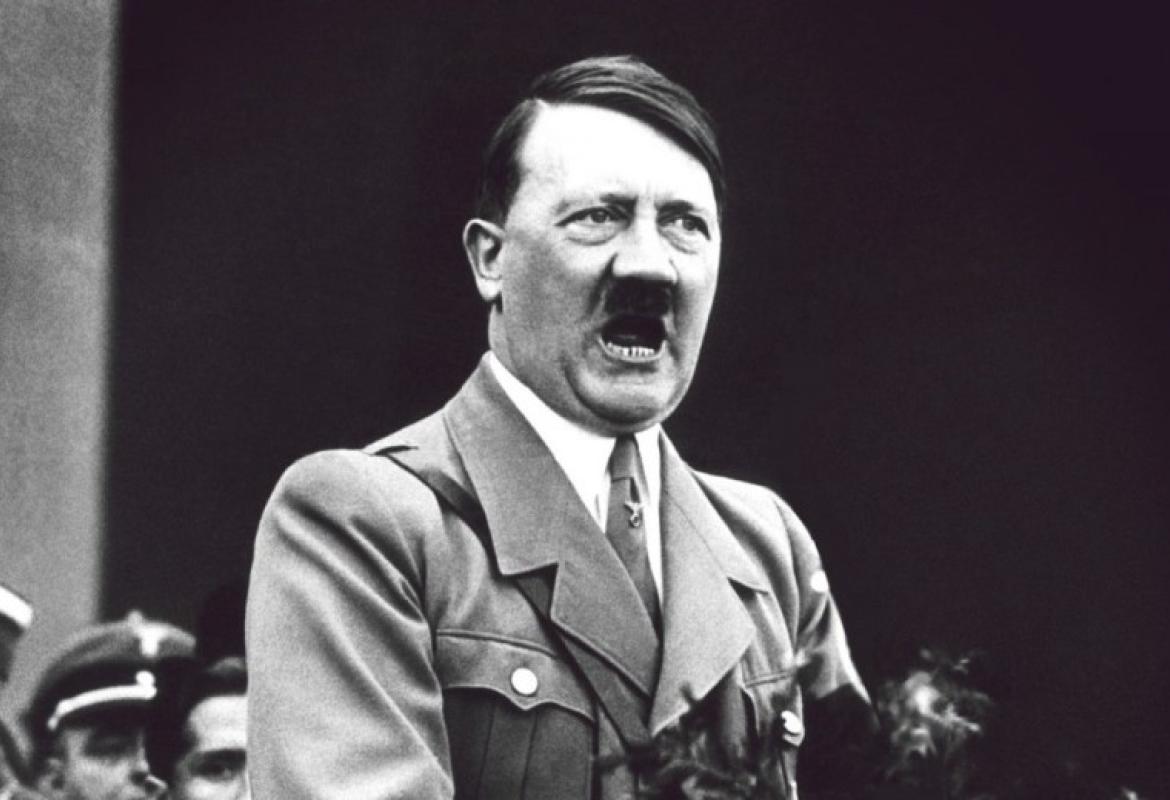
Adolf Hitler rose to power in Germany by exploiting national humiliation after World War I and igniting fervent nationalism. Once chancellor, he transformed democracy into dictatorship, suppressing dissent, banning opposition, and enforcing racist ideologies through propaganda. His obsession with racial purity led to the Holocaust, where six million Jews—and millions of others—were systematically murdered. His invasion of Poland in 1939 triggered World War II, engulfing the world in destruction and costing over 60 million lives. Hitler’s reign epitomized how fanaticism, charisma, and absolute power can annihilate reason and humanity. His defeat marked the fall of Nazi Germany but left moral wounds that reshaped global politics, human rights law, and the collective conscience of civilization.
2. Joseph Stalin (USSR, 1924–1953)
Image
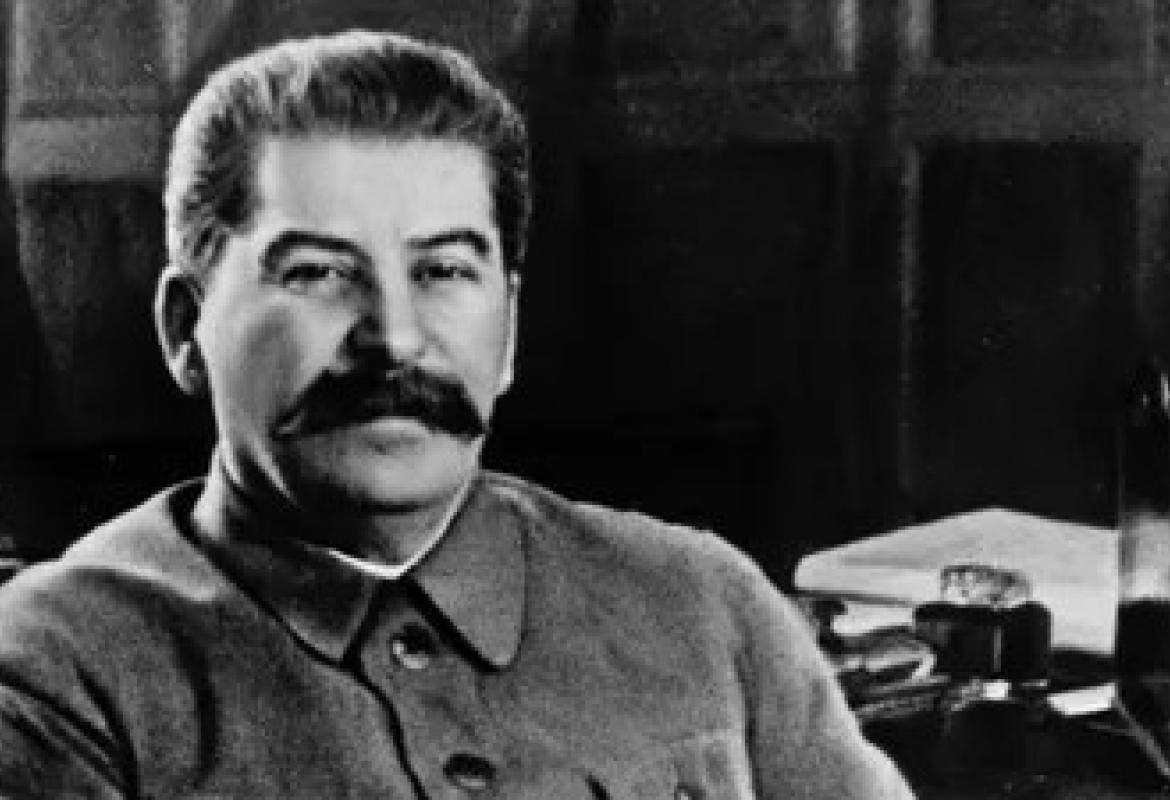
Joseph Stalin ruled the Soviet Union with iron discipline and paranoia, transforming it into a global power at a devastating human cost. His regime enforced rapid industrialization through forced labor and brutal collectivization, leading to widespread famine and millions of deaths. Political purges, show trials, and executions silenced opposition while spreading fear through every level of society. Stalin’s secret police sent countless citizens to the Gulag camps, where starvation and torture were common. While he contributed to Nazi Germany’s defeat in World War II, his legacy is one of terror and repression. Stalin’s reign illustrates how ideology can justify inhumanity when unchecked by compassion or truth.
3. Leopold II of Belgium (Congo Free State, 1885–1908)
Image
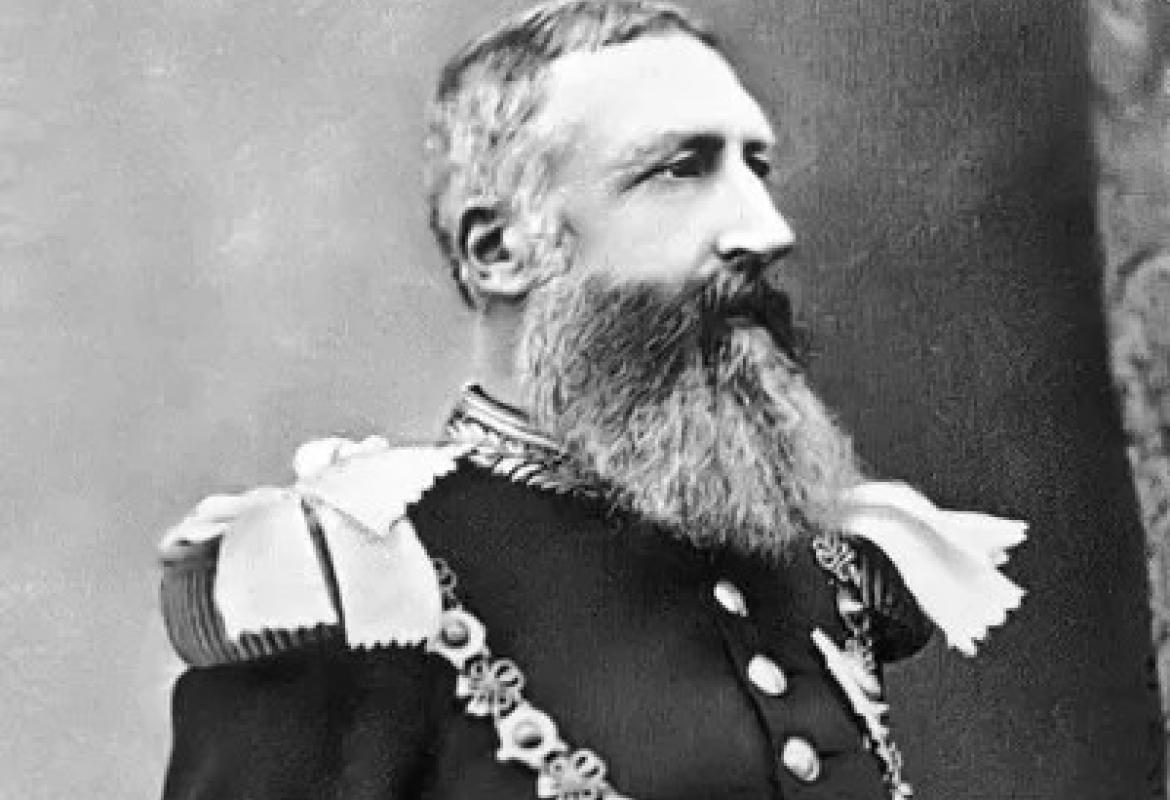
King Leopold II ruled Belgium but privately owned the Congo Free State as his personal empire. Under the guise of philanthropy, he exploited Congo’s resources—especially rubber—through forced labor, terror, and mutilation. Villages were destroyed for failing to meet quotas; men, women, and children were brutalized to serve European greed. Estimates suggest up to 10 million Congolese perished during his rule. When international outrage finally erupted, Belgium took control of the colony, but the damage was irreparable. Leopold’s reign stands as one of the most brutal examples of colonial exploitation, exposing the hypocrisy of imperial “civilization.”
4. Pol Pot (Cambodia, 1975–1979)
Image
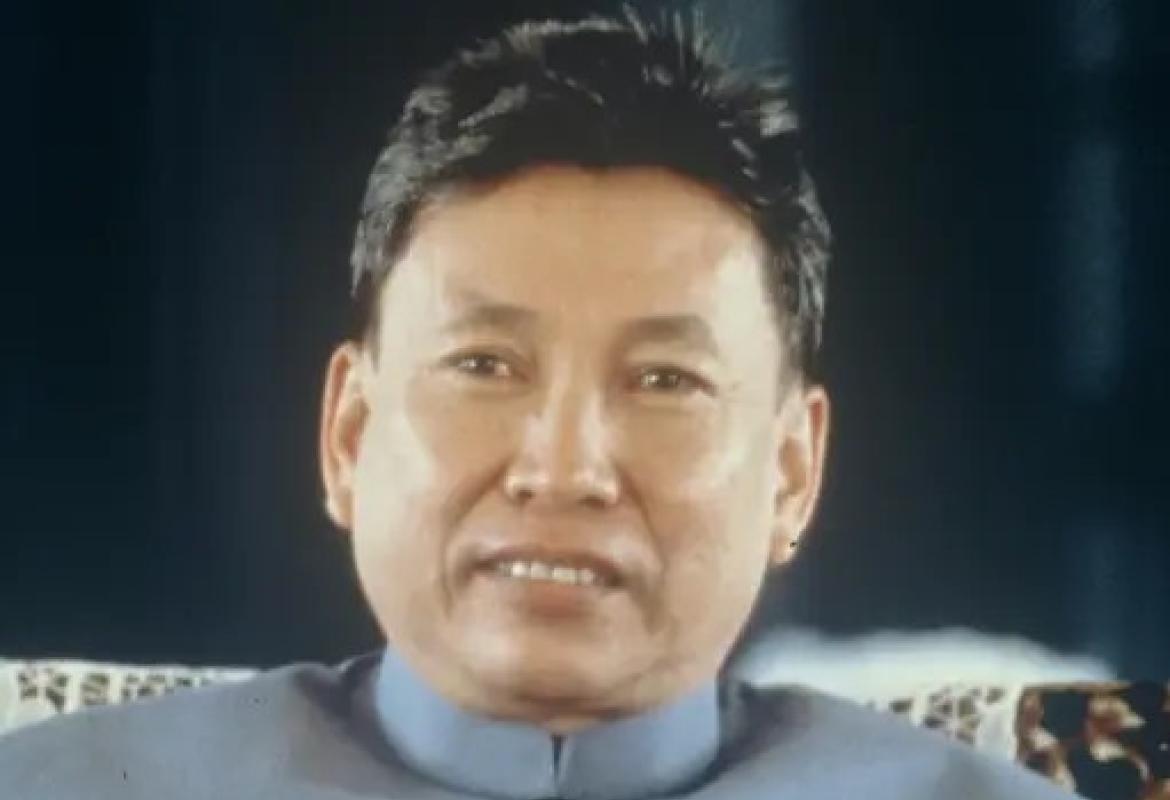
Pol Pot’s Khmer Rouge sought to create a communist utopia by erasing all traces of modern society. In practice, it became one of history’s most horrifying genocides. Intellectuals, professionals, and even those wearing glasses were executed as enemies of the revolution. Cities were emptied, families torn apart, and millions sent to rural labor camps under brutal conditions. Roughly one-fourth of Cambodia’s population perished through starvation, overwork, or execution. Pol Pot’s dream of equality became a nightmare of total control and death, leaving Cambodia scarred for generations. His regime remains a chilling reminder of ideology pushed beyond humanity.
5. Nero (Rome, 54–68 AD)
Image
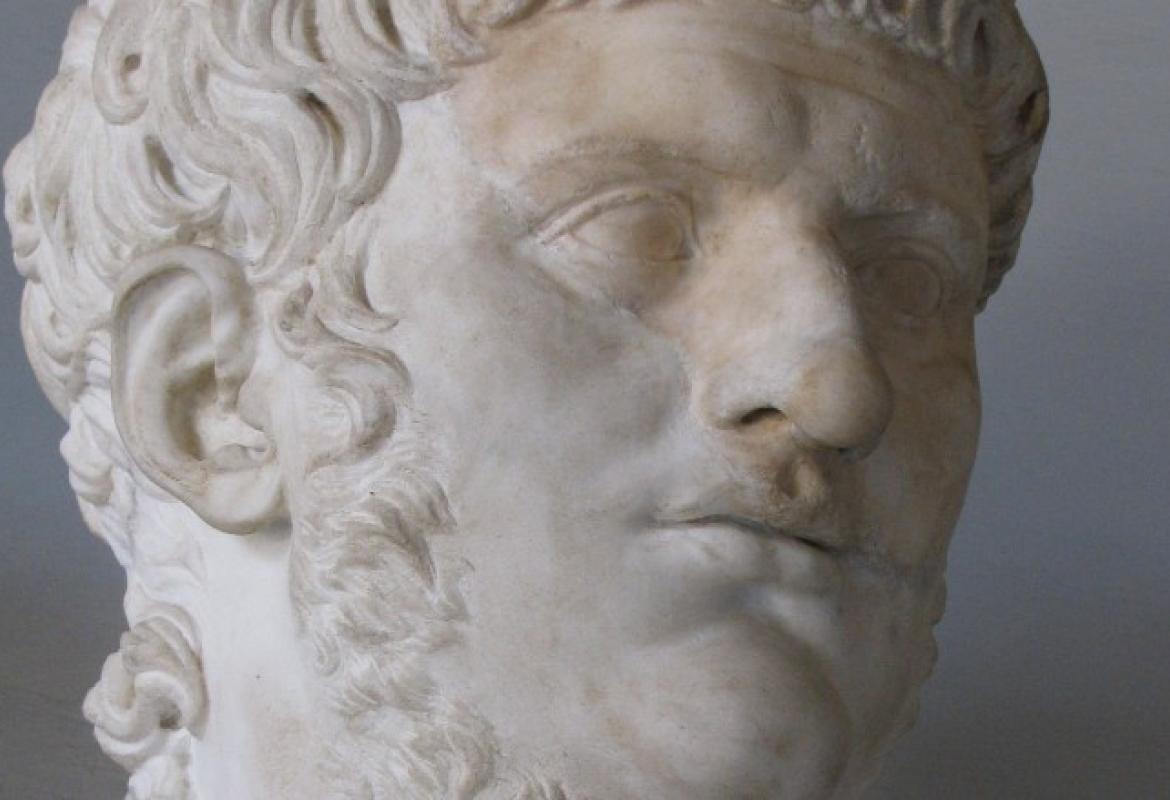
Emperor Nero’s reign is remembered for extravagance, paranoia, and cruelty. Obsessed with his own image as an artist, he bankrupted Rome with lavish projects while neglecting governance. He is accused of starting the Great Fire of Rome to clear space for his Golden House, though historians debate his guilt. Nero persecuted Christians, executed rivals—including his own mother—and ruled through fear and suspicion. Eventually declared a public enemy by the Senate, he took his own life. Nero’s rule became a warning about ego-driven leadership and remains synonymous with the corruption and madness that can consume absolute power.
6. Idi Amin (Uganda, 1971–1979)
Image
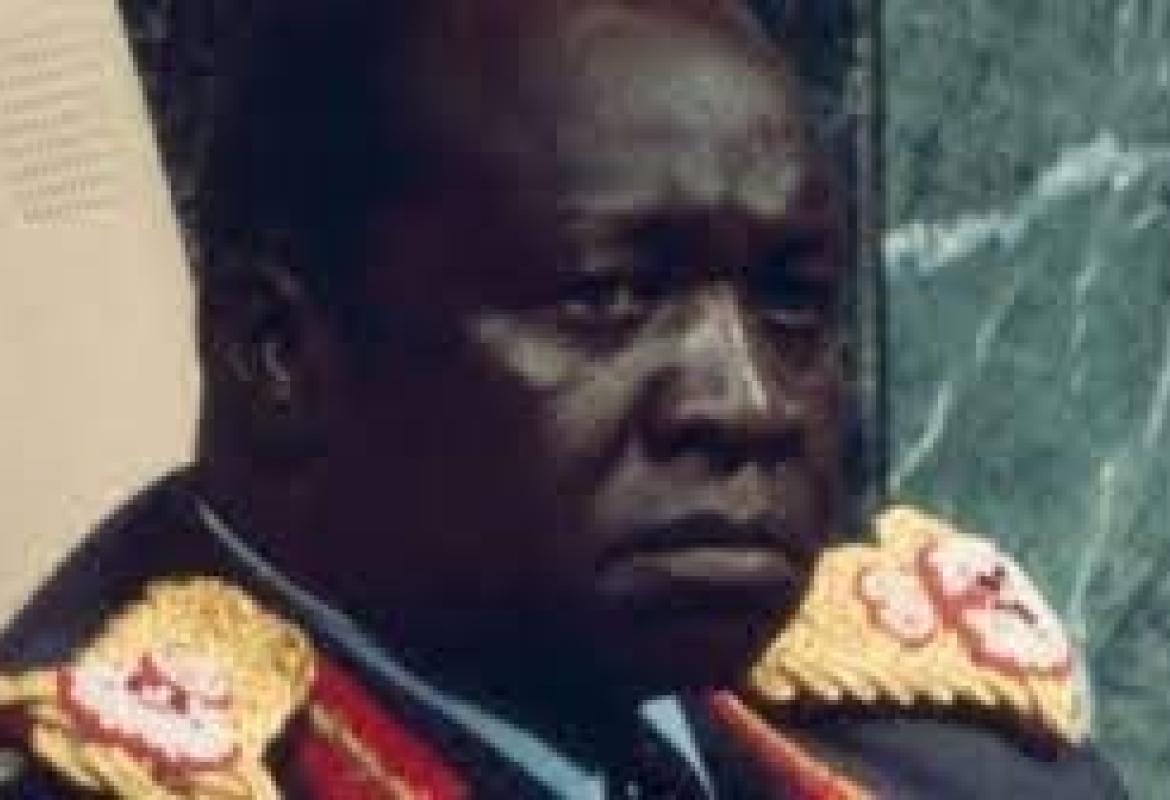
Idi Amin seized power in Uganda through a military coup and ruled with a mix of brutality and absurdity. Known as the “Butcher of Uganda,” his regime killed an estimated 300,000 people through executions, disappearances, and torture. Amin expelled Uganda’s Asian population, devastating the economy and plunging the country into chaos. His unpredictable personality—alternating between charm and savagery—earned global infamy. Despite his delusions of grandeur and bizarre antics, his rule left Uganda isolated and traumatized. Idi Amin stands as an example of how charisma without conscience leads only to ruin.
7. Genghis Khan (Mongol Empire, 1206–1227)
Image
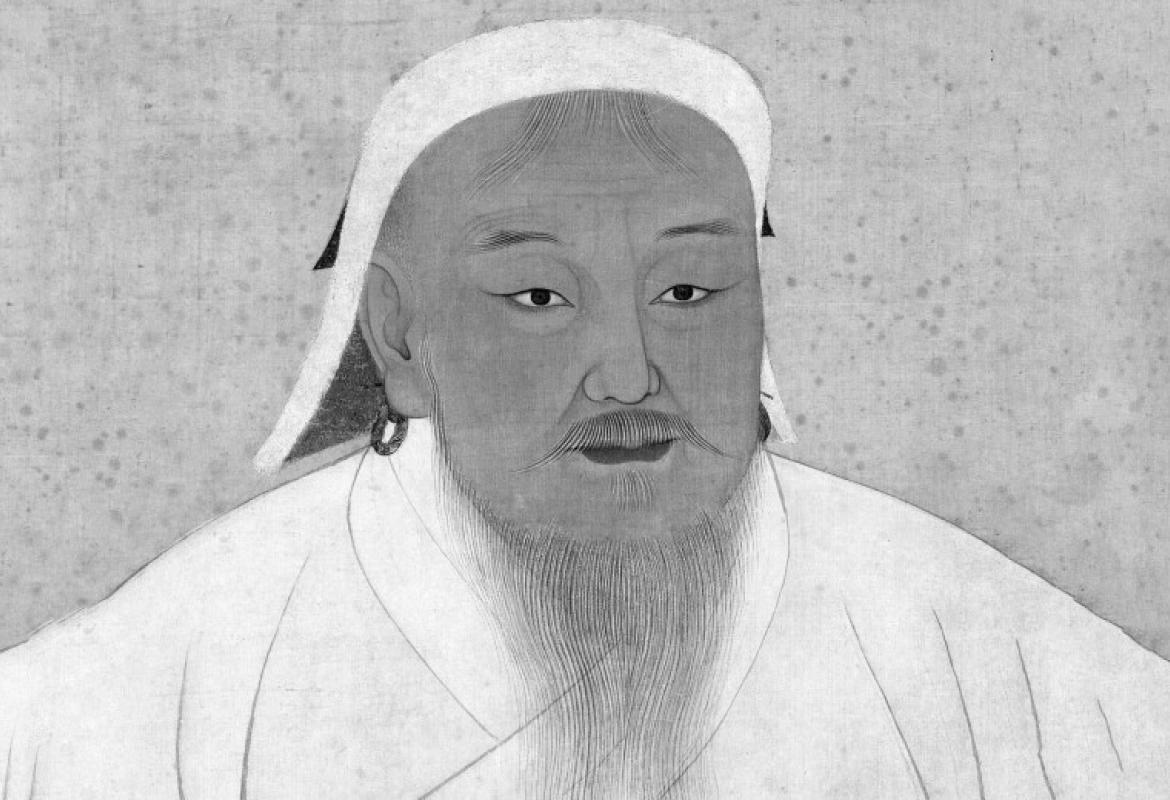
Genghis Khan was a military genius who united Mongol tribes and built the largest land empire in history. However, his conquests came at a staggering human cost. Entire cities were annihilated, and populations massacred to ensure Mongol dominance—estimates range from 20 to 40 million deaths. Yet, his legacy is complex: he established trade across Asia, enforced laws, and promoted meritocracy. To his followers, he was a visionary; to his enemies, a terror unmatched. Genghis Khan’s dual image as both empire-builder and destroyer illustrates how ambition and brutality often walk hand in hand.
8. Kim Jong-il (North Korea, 1994–2011)
Image
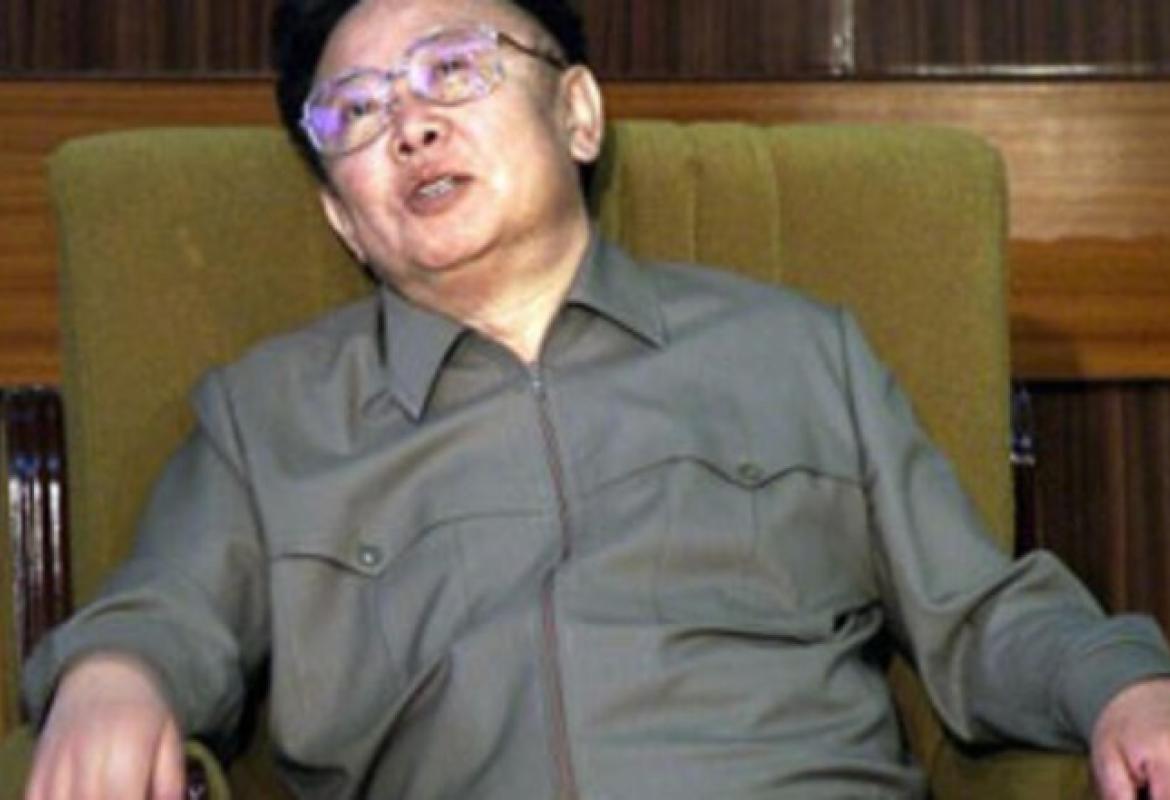
Kim Jong-il inherited North Korea’s dictatorship from his father, Kim Il-sung, and deepened the country’s isolation and misery. Under his rule, state propaganda deified him while citizens endured famine, poverty, and repression. Millions starved during the 1990s famine, yet the regime prioritized military expansion and nuclear development. Kim maintained control through surveillance, fear, and a cult of personality that blurred the line between devotion and delusion. His leadership turned North Korea into one of the world’s most secretive and oppressive states, where loyalty was demanded at the cost of human life and truth.
9. Caligula (Rome, 37–41 AD)
Image
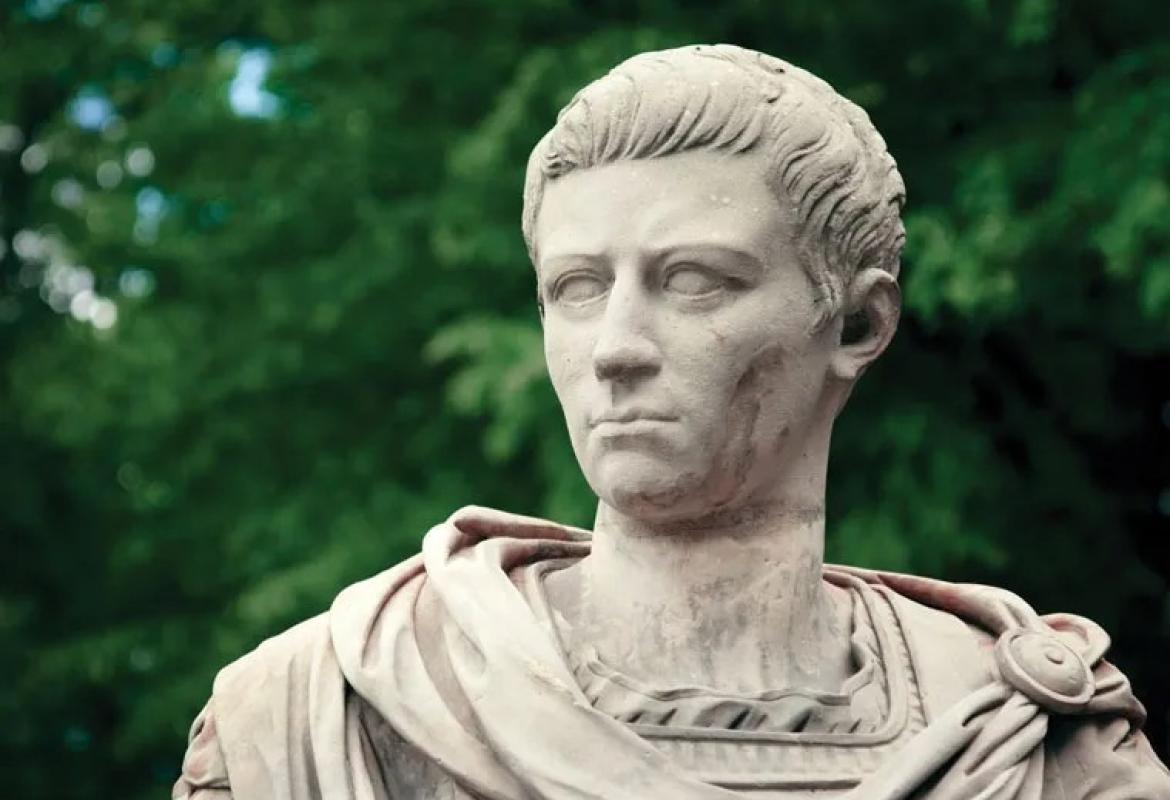
Caligula’s brief reign as Roman emperor is infamous for madness and excess. Initially popular, he soon descended into cruelty, executing friends, family, and senators on whim. His delusions reached absurdity—he declared himself a living god and even planned to make his horse a consul. Caligula’s unpredictable behavior destabilized the empire and terrified its citizens. Assassinated by his own guards after just four years, his rule became the epitome of unchecked insanity in power. Caligula remains a lasting symbol of how absolute authority can corrupt absolutely.
10. Enver Hoxha (Albania, 1944–1985)
Image
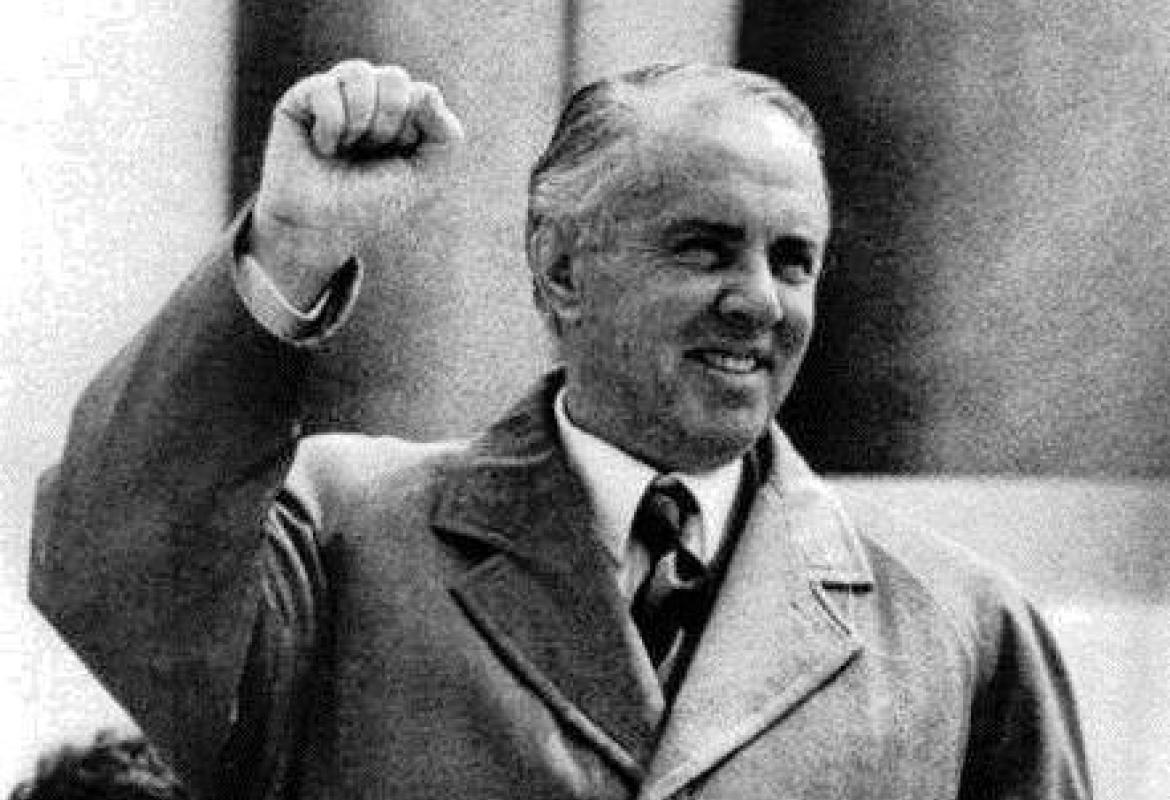
Enver Hoxha ruled Albania for over 40 years, turning it into one of the world’s most isolated and repressive states. Obsessed with self-reliance, he severed ties with both the Soviet Union and China, leaving Albania economically paralyzed. Fearful of invasion, he filled the country with over 170,000 concrete bunkers while suppressing religion, free speech, and dissent. Citizens lived under constant surveillance, and thousands were imprisoned or executed. By his death, Albania was decades behind its neighbors—an isolated relic of paranoia. Hoxha’s legacy is a grim warning of what happens when fear replaces leadership.










